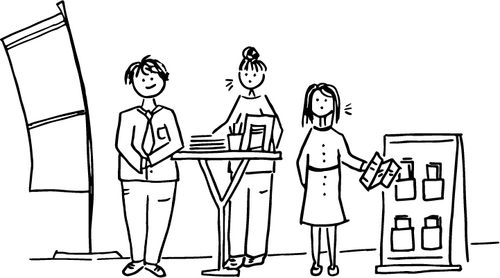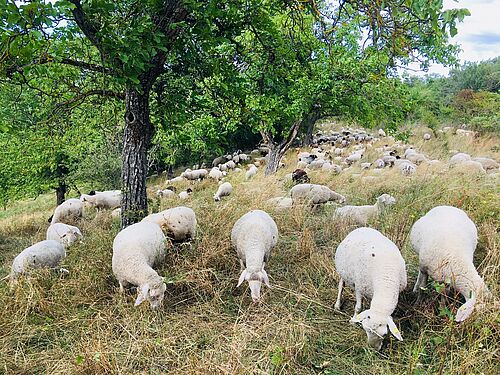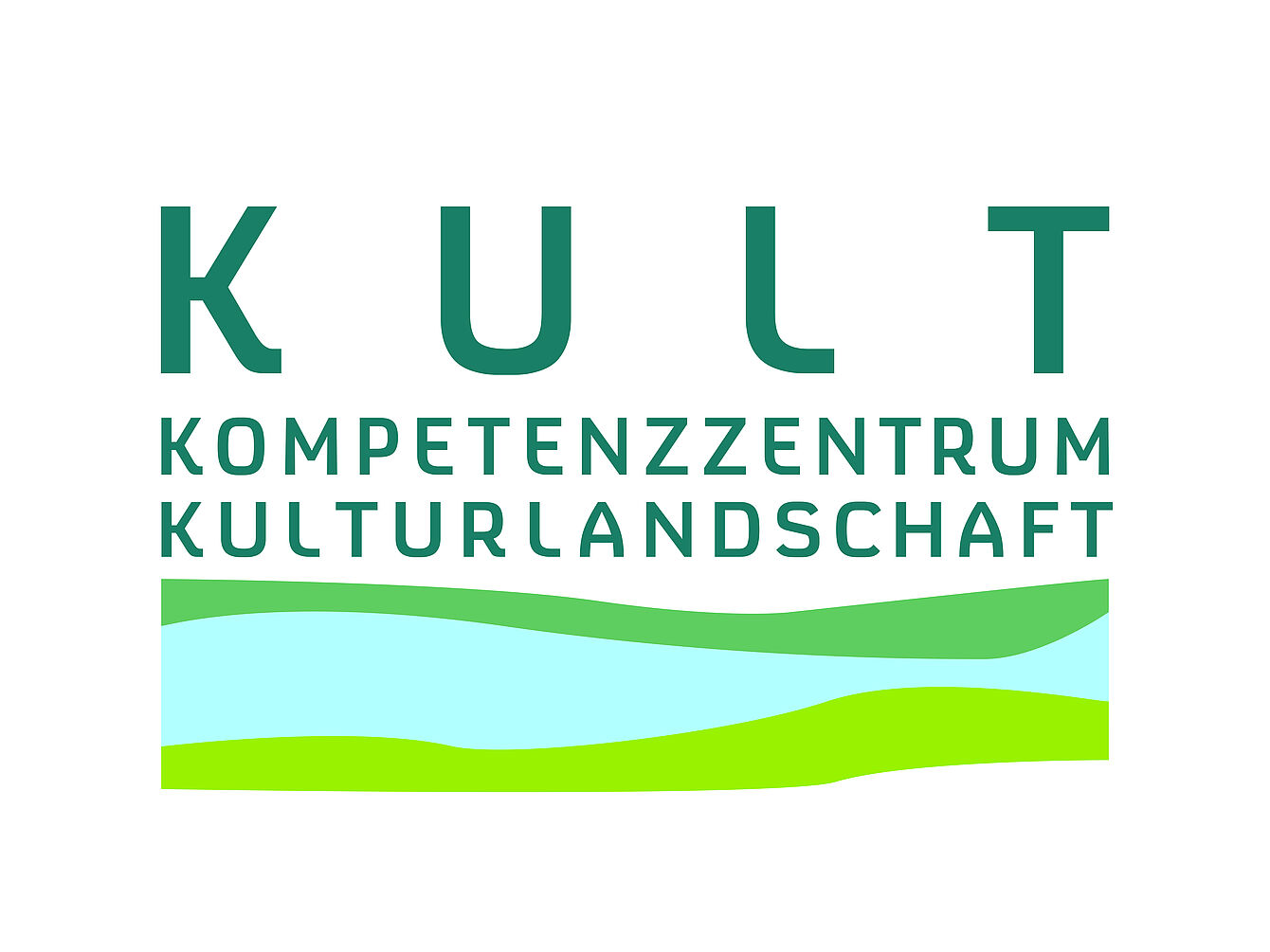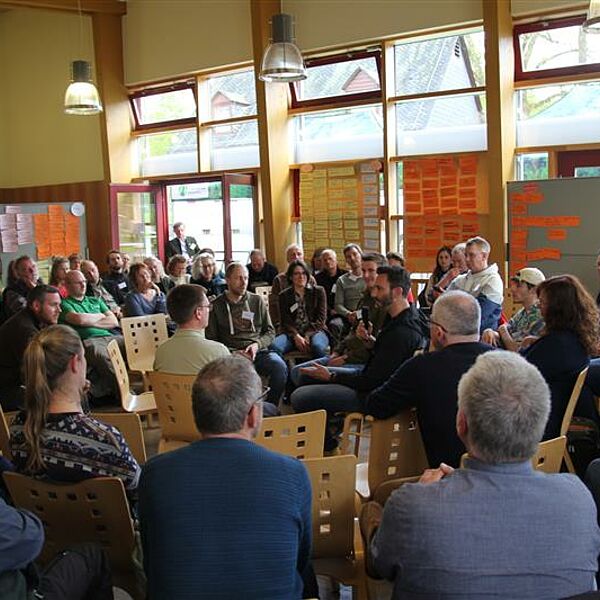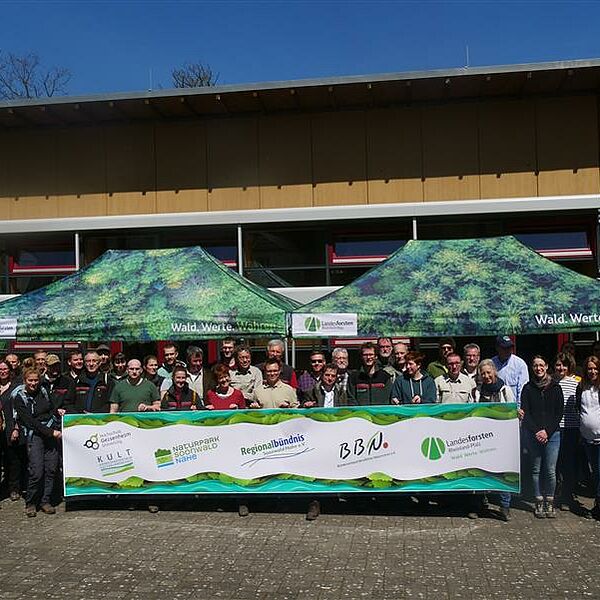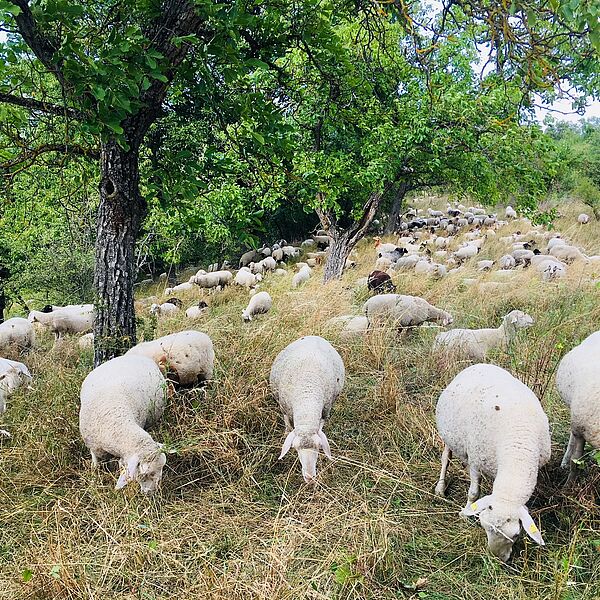by Klaus Herrmann
From November 4th to November 6th this years INTERVITIS INTERFRUCTA HORTITECHNICA took place together with the 63. viticulture congress under the patronage of the international organization of vine and wine (OIV) at the “Messe” (fair) Stuttgart. An ideal opportunity for the “Bund deutscher Oenologen” (association of German enologists) to present the proud laureates with the young talents award.
Every year the association of German enologists awards a prize to students for excellent theses in enology, viticulture, international wine business and beverage technology. Hochschule Geisenheim University, Heilbronn and Neustadt each hand in bachelor theses. The association’s committee evaluates the theses and chooses the best work from each field. Laureates win 300 euros and an engraved decanter by the “Zwiesel Kristallglas” company.
The young talent award in viticulture goes to:
Julia Nopora
Title: Significance of berry sensory assessment for later sensory assessment of Riesling, Sauvignon Blanc and Pinot Noirs
University: Weincampus Neustadt
Supervisor: Prof. Dr. Ulrich Fischer, Prof. Dr. Dominik Durner
Nopora used an innovative approach to adapt commercially used protocols for berry assessment to three grape varieties and computer-based data collection. What was new was the simultaneous assessment of three different grape maturity dates °Oe (Oechsle scale) and degrees in combination with the berry assessment of the produced wines. The results were already published (DDW 2018 16/17) and presented at the international conference Macrowine in Zaragoza (May 2018). Nopora received top marks (1.3) for her detailed thesis that also showed great expertise in statistics.
The young talent award in enology goes to:
Daniel Vogelwaid
Title: Reduction of Sulphur dioxide addition in red winemaking
University: Geisenheim
Supervisor: Prof. Dr. Doris Rauhut
Unfortunately, the thesis cannot be accessed.
The young talent award in beverage technology goes to:
Jan Hendrik Gierspiepen
Title: The spirit of Agave: Mezcal
University: Geisenheim
Supervisor: Prof. Dr. Helmut Dietrich
The Bachelor thesis – written in Mexico - characterizes and describes the entire production process of the Mexican spirit Mezcal. This traditional beverage has received a lot of attention on a national and international level. Despite its rich and long history, it is only now that it caught scientific interest. Due to that reason, Gierspiepen gives an entire background of historic, legal and biological characteristics. The detailed description is necessary, in order to fully comprehend the unique production process and the essential identity of the spirit.
Communication & University Relations Unit announced that there’ll be more information on Gierspiepen’s thesis in the next Plan G edition.
The young talent award in wine business goes to:
Maximilian Stiegler
Title: cost and margin structure of a Baden vineyard
University: Geisenheim
Supervisor: Prof. Dr. Andreas Kurth
The thesis focuses on developing a cost accounting system for a Baden vineyard to determine production costs for individual wines. Stiegler developed a detailed cost allocation sheet that makes it possible to allocate individual cost categories to cost centers according to source and cost units. After allocation to cost units, production and distribution costs were determined and could be compared to earnings with regard to individual distribution channels (wholesale and retail prices). With this method different margins for the individual wines could be calculated depending on the respective distribution channel. This information is useful for developing strategies to increase profitability.
Hochschule Geisenheim University congratulates all laureates!

